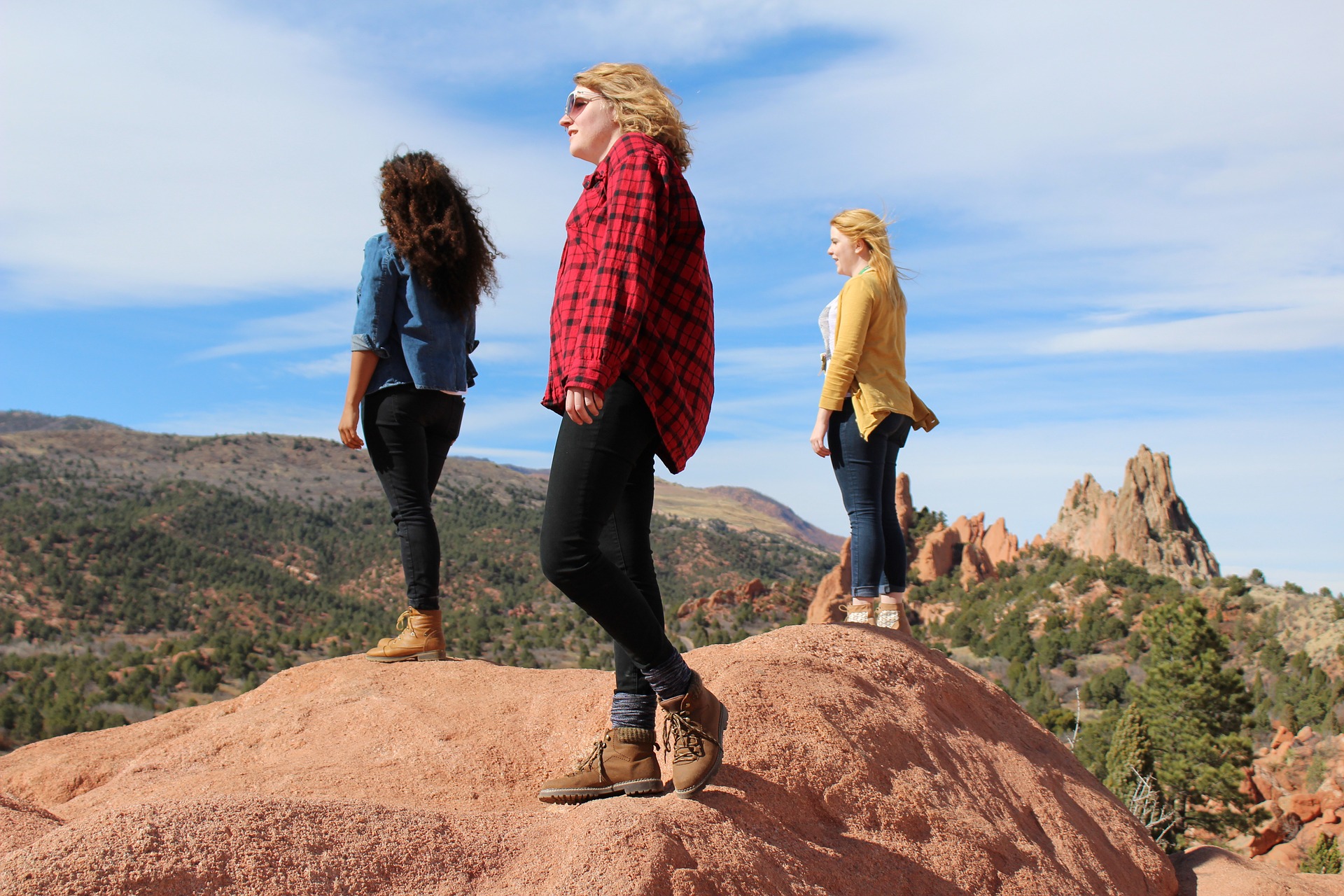
Camping is a great way to explore the great outdoors and bond as a family. You can have a wonderful adventure with minimal costs, and there is always another park to explore on your next outing. However, it is important to ensure that everybody in the family stays safe, especially when it comes to hiking, water, and campfires. A few simple strategies and rules can have a significant impact on making sure that the trip is a positive and secure one for everybody involved.
Hike with others and practice defensive techniques
Hiking and exploring are often central activities during a camping trip, and there are some safety essentials you need to incorporate before hitting the trail. Hiking Beginner points out that you should always hike with at least one other person. This way, you are less likely to panic if trouble arises, and you can help one another during tough spots on the trail. In addition, if one of you does get injured, you have someone who can get help and keep you safe until assistance arrives.
Stay on marked or traveled trails, and if this is more than a casual exploration, take a compass, map, or GPS unit with you. Pay attention to your surroundings and be especially careful when it comes to wet rocks or other potential slip hazards. High Country Explorations advises hikers to practice defensive hiking strategies, meaning that you should stay attentive and regularly scan the trail about 10 feet or so ahead of where you are. Be purposeful in your foot placement and give yourself rest breaks if you’re hiking for a long time.
Be vigilant about boundaries and supervision around the water
Water safety is essential when you have children with you on your camping trip, and supervision is vital when you are around the water. Kids should always have a sober adult with them near the water, and they should be taught from early on that they must never go into a lake or other body of water alone. It is imperative that children learn boundaries regarding this at a young age and that adults are consistent in their expectations.
Your family should get in the habit of using life jackets consistently, especially for young, weak, or non-swimming campers. Don’t rely on water floaties or wings, as those can give everyone a false sense of security and can be unreliable. Instead, utilize certified life jackets that fit the user properly. Strong swimmers may be tempted to go without life vests, but the safest strategy is to have everybody wearing jackets while out on the water.
Keep safety in mind around campfires, too
Campfires can be a lot of fun during these outdoor adventures, but things can go from fun to dangerous without some basic precautions. For example, ROSPA notes that you should always be able to step back from the fire without tripping or climbing over something. Keep the area around the fire clear both for your safety and to ensure the fire doesn’t unexpectedly spread.
Being prepared and alert are the keys to keeping your family safe while camping. Hike in a group and pay attention to where you are and what lies ahead. Supervise little ones around water, get in the habit of having wearing life jackets, and keep the area around your campfire free of trip hazards or flammable materials. Great memories can be made during these types of camping adventures, but it is vital to employ some basic safety precautions so that everybody has a great time.
